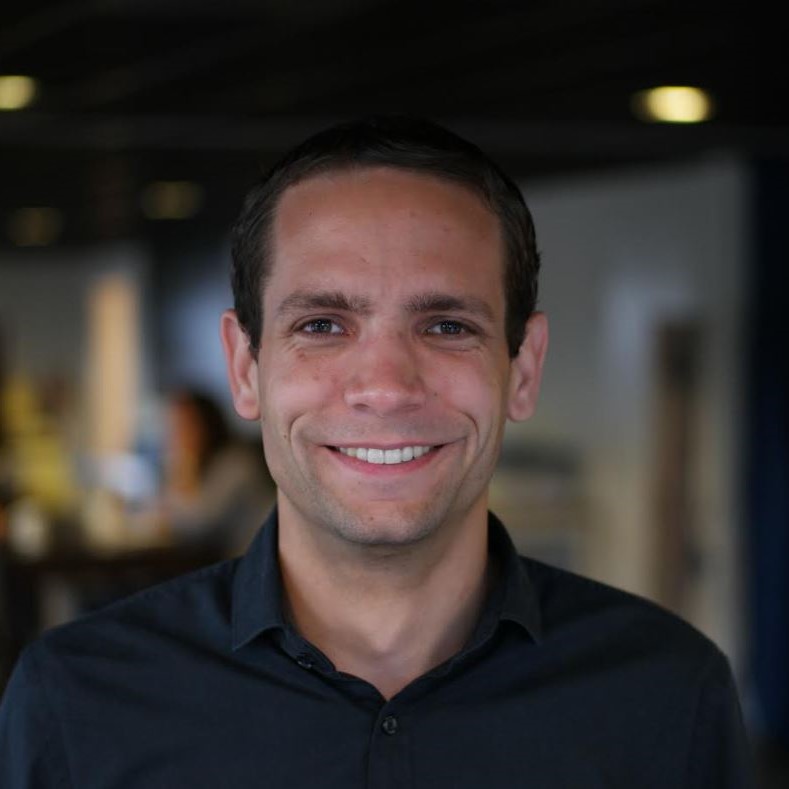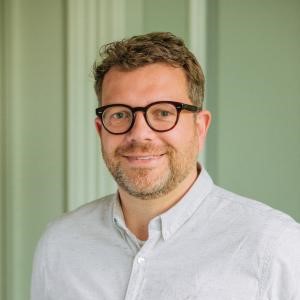About EHRI-NL
Trans-national Holocaust research, commemoration and education is the mission of the European Holocaust Research Infrastructure (EHRI), and its main challenge is the wide dispersal of sources and expertise across many institutions. EHRI overcomes such fragmentation by connecting sources, institutions and people.
In 2025, EHRI has made the transformation from a series of projects (that started in 2010) to a European Research Infrastructure Consortium (ERIC), an international permanent organisation for Holocaust research.
Currently, EHRI-ERIC has 10 Founding Member Countries: Austria, Croatia, Germany, Israel, the Netherlands, Poland, Romania, Slovakia, the Czech Republic and the United Kingdom. Belgium intends to join EHRI-ERIC in 2025, and EHRI is already reaching out to other countries to join in the near future.
The Netherlands is the hosting country and will house the Central Office of EHRI within the NIOD Institute for War, Holocaust and Genocide Studies in Amsterdam. In all member countries National Nodes are established, bringing together the leading Holocaust related institutions in coordinated national networks. Read more about the national nodes in this flyer.
Each node will send a representative to the General Assembly and the National Coordinators Committee, the most important bodies which govern EHRI-ERIC.
EHRI-NL tries to perpetuate Holocaust research in the long term, both within the Netherlands and abroad, by:
- representing archives, camps and other relevant collection management institutions and places of memory to enable and stimulate research
- connecting sources, data, finding aids and other research resources within a scientific infrastructure
- to provide opportunities for training and exchange within an international network of researchers, archivists and heritage experts.
Although EHRI’s primary impact is scientific, it also advances a wider social and political agenda. The recent rise of antisemitism, xenophobia and aggressive nationalisms demonstrate that Holocaust research is never a purely academic concern, but a prerequisite for open and non-discriminatory societies across Europe and beyond.


